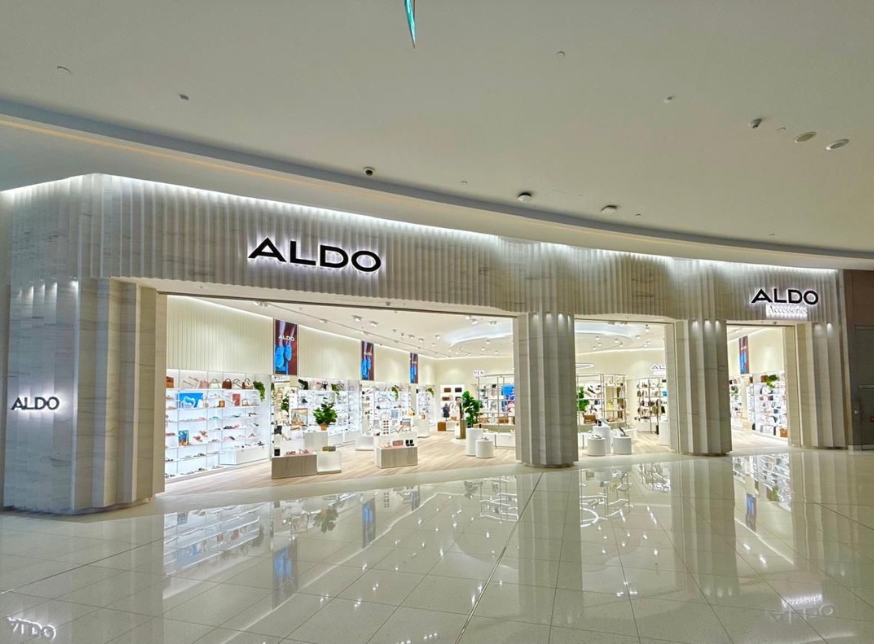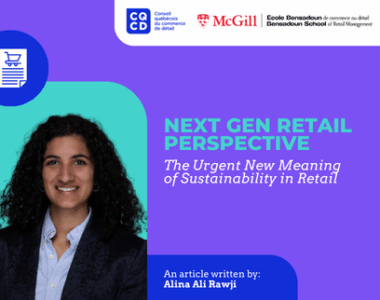The success of Quebec brands like Aldo and Tim Hortons in international markets highlights the importance of strategic planning, cultural adaptation, and choosing the right local partners. While global expansion offers immense opportunities, it also presents challenges that require market- specific strategies, strong brand positioning, and operational readiness. For Quebec brands and SMEs looking to expand, success depends on understanding regional differences, leveraging digital transformation, and ensuring adaptability while maintaining brand integrity. Ultimately, brands that combine global ambition with localized execution will be best positioned for long- term sustainability and international growth.
For SMEs and emerging Quebec brands, choosing the right partner is even more vital. Without the global infrastructure of larger brands, these businesses often rely on local expertise to bridge gaps in logistics, compliance, and customer engagement. A strong partner can provide the insights, credibility, and operational capacity needed to ensure a brand’s successful entry and long-term performance in a new market.
Ultimately, brand strength alone is not enough. Execution, cultural relevance, and strategic alignment with a trusted partner are critical. Whether through Aldo’s momentum in the Middle East or Tim Hortons’ culturally attuned expansion in the GCC, the evidence is clear: Quebec brands seeking sustainable international growth must prioritize the careful selection of the right local partners.







